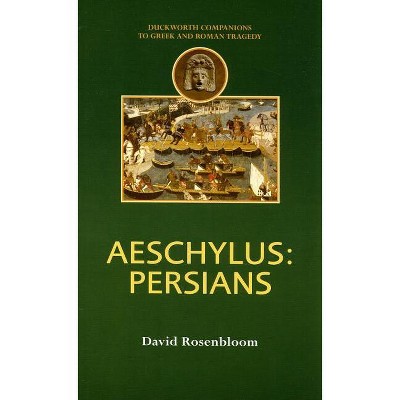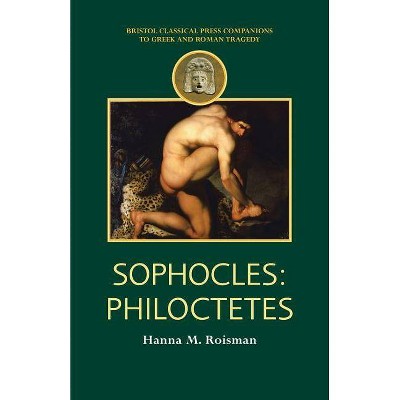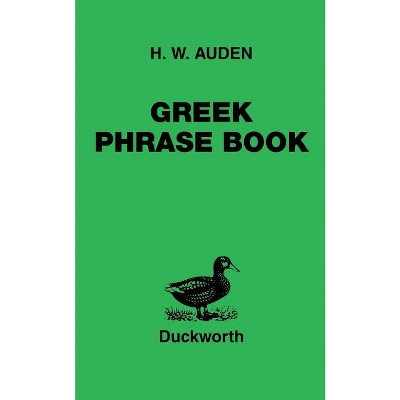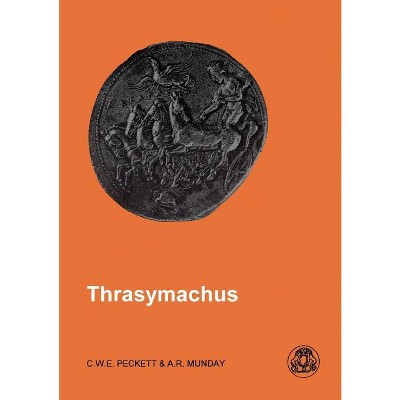Sponsored

Costume in Greek Tragedy - by Rosie Wyles (Paperback)
In Stock
Sponsored
About this item
Highlights
- The core of the book focuses on tragic costume in its original performance context of fifth-century Athens, but the implications of subsequent uses in Roman and more recent performances are also taken into consideration.Most importantly, the reader is invited to think about how tragic costume worked as a language in ancient performance and was manipulated physically and verbally in order to create meaning.
- About the Author: Rosie Wyles is Leverhulme Research Fellow, University of Nottingham.
- 168 Pages
- Performing Arts, Theater
Description
About the Book
An introduction to the major issues surrounding Greek tragic costume in its original and subsequent contexts, covering its appearance, its operation and significance in the plays, and the challenges of interpreting it.
Book Synopsis
The core of the book focuses on tragic costume in its original performance context of fifth-century Athens, but the implications of subsequent uses in Roman and more recent performances are also taken into consideration.Most importantly, the reader is invited to think about how tragic costume worked as a language in ancient performance and was manipulated physically and verbally in order to create meaning. Elements of this language are shown through a series of test cases from a range of ancient tragedies. All ancient passages are given in translation and the book includes a glossary of terms.
Review Quotes
"This introductory study is highly informative and is not restricted to costume alone but handles various issues relating to general theater topics. It is a well-focused monograph that attempts to furnish answers to various vexing questions that deal with costume." --Marios Philippides, University of Massachusetts Amherst
About the Author
Rosie Wyles is Leverhulme Research Fellow, University of Nottingham.












